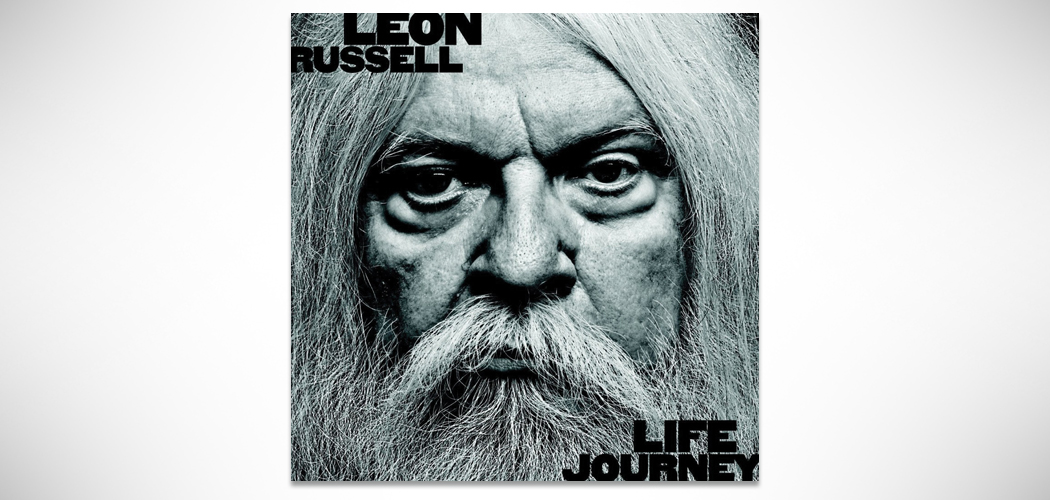[title subtitle=”review: Marla Cantrell”][/title]
Leon Russell: $10
Leon Russell’s voice is creased and worn and utterly spectacular in his thirty-seventh studio record, Life Journey. But before you listen to one musical note, you should read the liner notes written by this Oklahoma icon. In them, the seventy-two-year-old says he’s nearing the close of his adventure and he thinks he may be the luckiest guy in the world. “To all of you I say bless your hearts,” Russell adds, and with that he sets up this album, comprised of twelve songs, two of which he wrote (“Big Lips” and “Down In Dixie Land”).
What he’s trying to accomplish in these dozen melodies is pay tribute to the musical journey of his life, to both the songs he’s done and the songs he wanted to do but hadn’t until now. It’s a lot to ask, given that he started playing piano at four years of age, was playing in clubs at fourteen, and by 1960 was touring as Jerry Lee Lewis’ opening pianist. In the 1970s, Elton John was opening for Russell. But it’s also his work as a songwriter that sets Russell apart. His work includes greats like “Delta Lady,” recorded by Joe Cocker, and “A Song For You” that’s been recorded by forty artists, including Russell, The Carpenters, Amy Winehouse, and Whitney Houston.
There’s something incredibly touching about listening to Russell, who’s never lost his Oklahoma twang, sing big band music, jazz, honky tonk, all backed by an orchestra that’s as smooth as satin next to his burlap voice.
On “Georgia On My Mind,” Russell pronounces the Southern state’s name “Joe-Jah,” over and over until it feels as if it shouldn’t be said any other way. And he’s extraordinary on Duke Ellington’s “I Got It Bad and That Ain’t Good.”
One of the many highlights on this album is “That Lucky Old Sun,” a song that was popular in 1949, the year Russell turned seven. It’s been covered by dozens of artists over the years, including Johnny Cash, a duet by Willie Nelson and Kenny Chesney, and Aretha Franklin. But no one sings the song with the kind of heart that Russell does.
He ends the album with a song he wrote himself, “Down in Dixieland.” It’s a jazzy number, filled with soul, influenced by old gospel. But it’s on another track, “Think Of Me,” written by Mike Reid, that the sentiment of this album hits you, when you wonder if Russell picked it as a way of making sure he’s remembered long after his own journey has ended.
In his photo accompanying Life Journey, Russell sits in a leather chair, his trademark flowing white hair well past his shoulders. He is looking at the camera, unsmiling, a cane in one hand. It seems like such an honest image for this album, for this gift he’s given us after more than five decades perfecting his music, creating a sound like no other we’ve ever heard.

